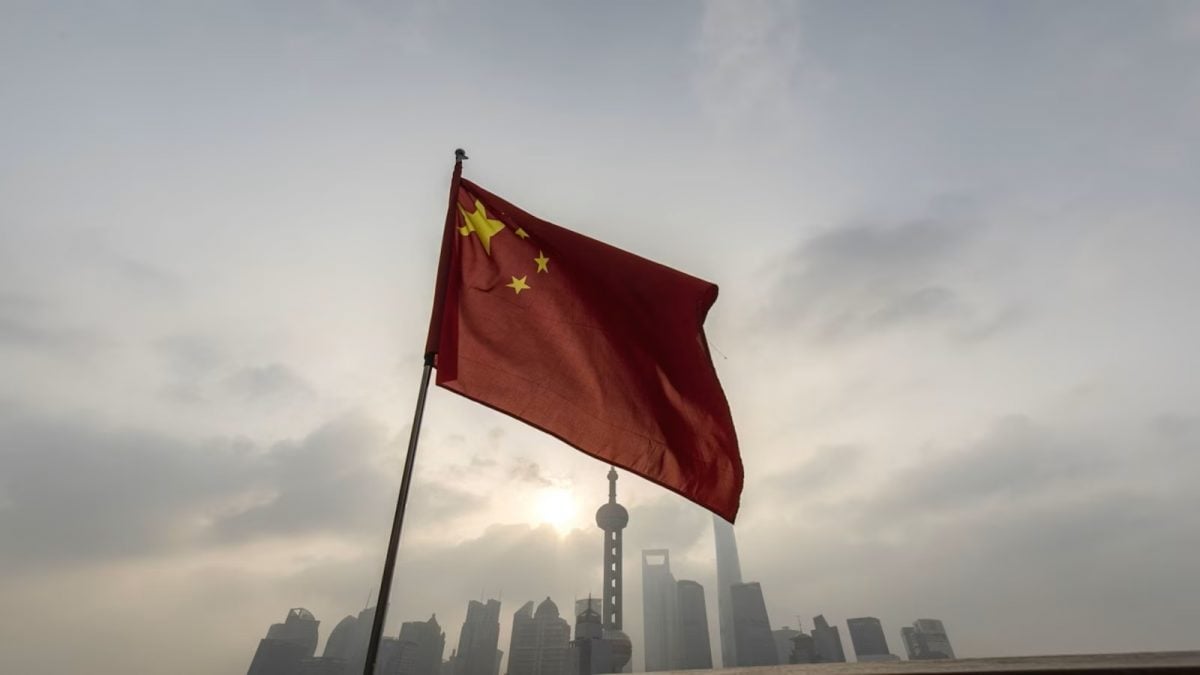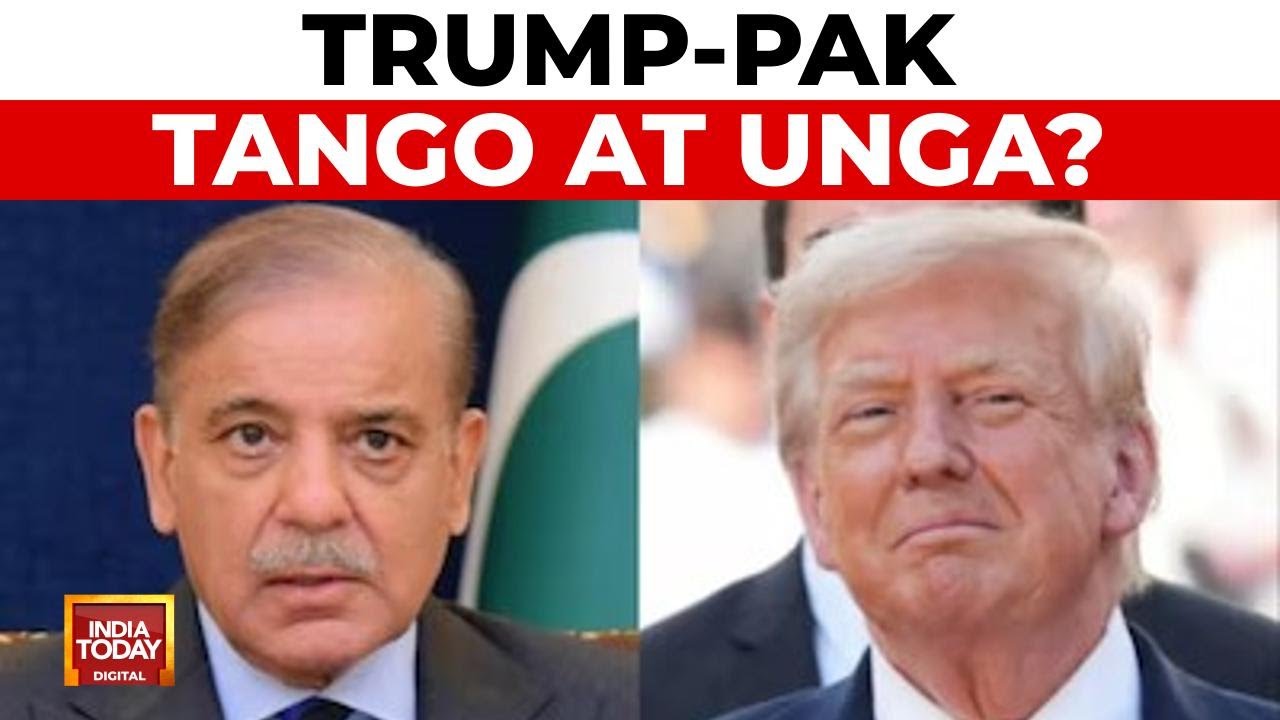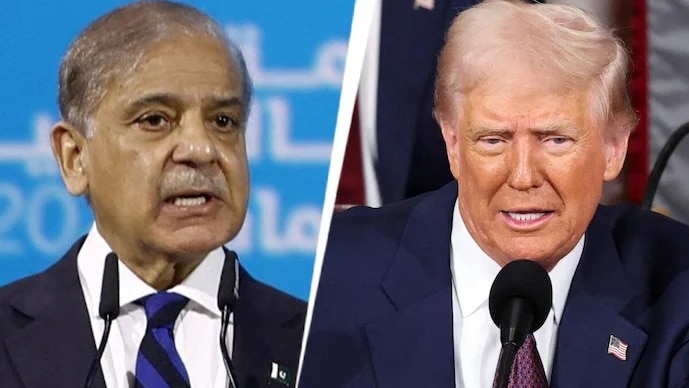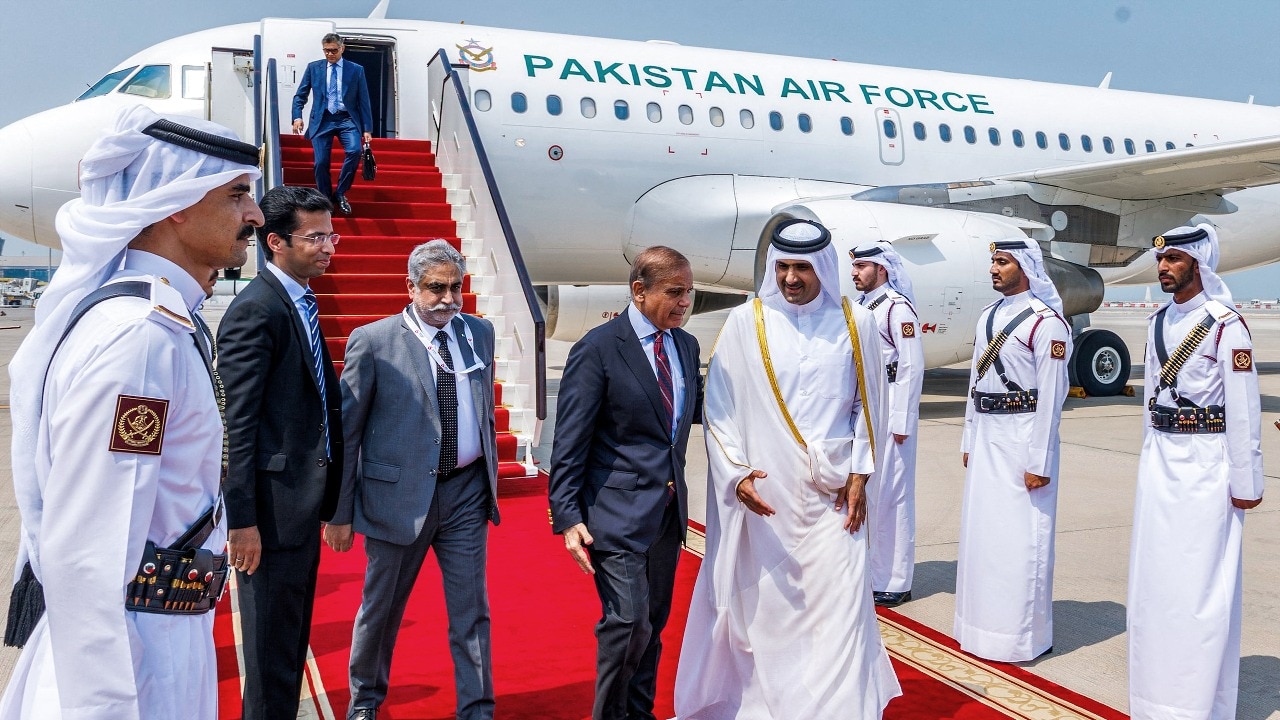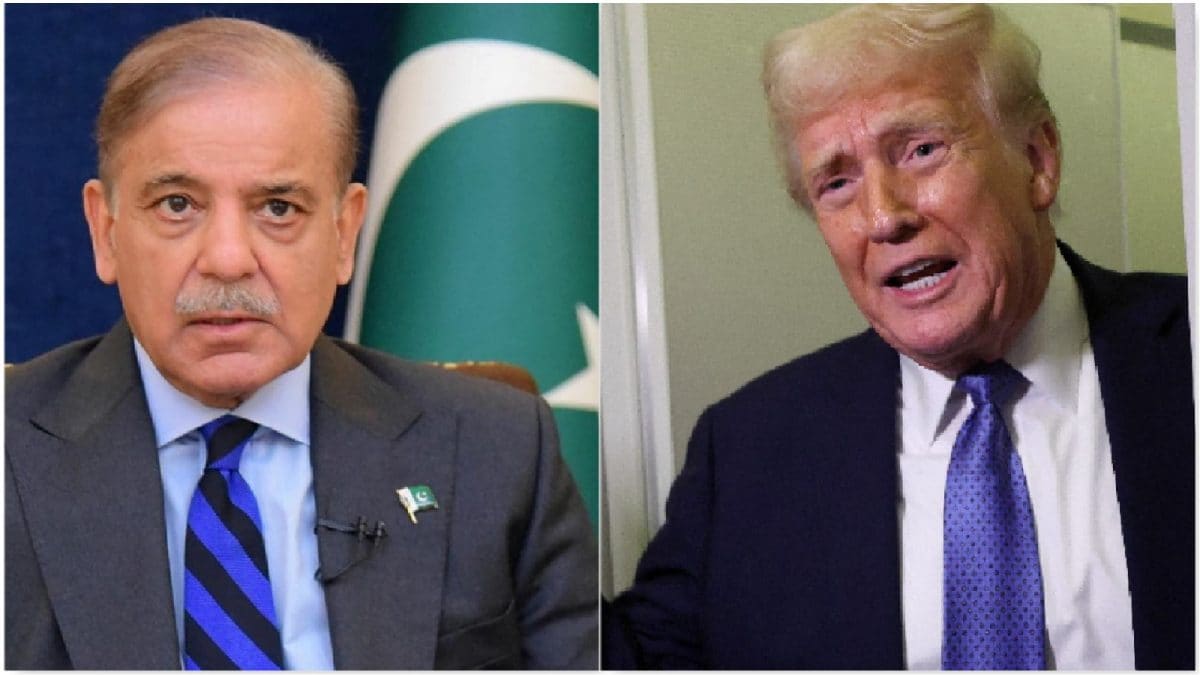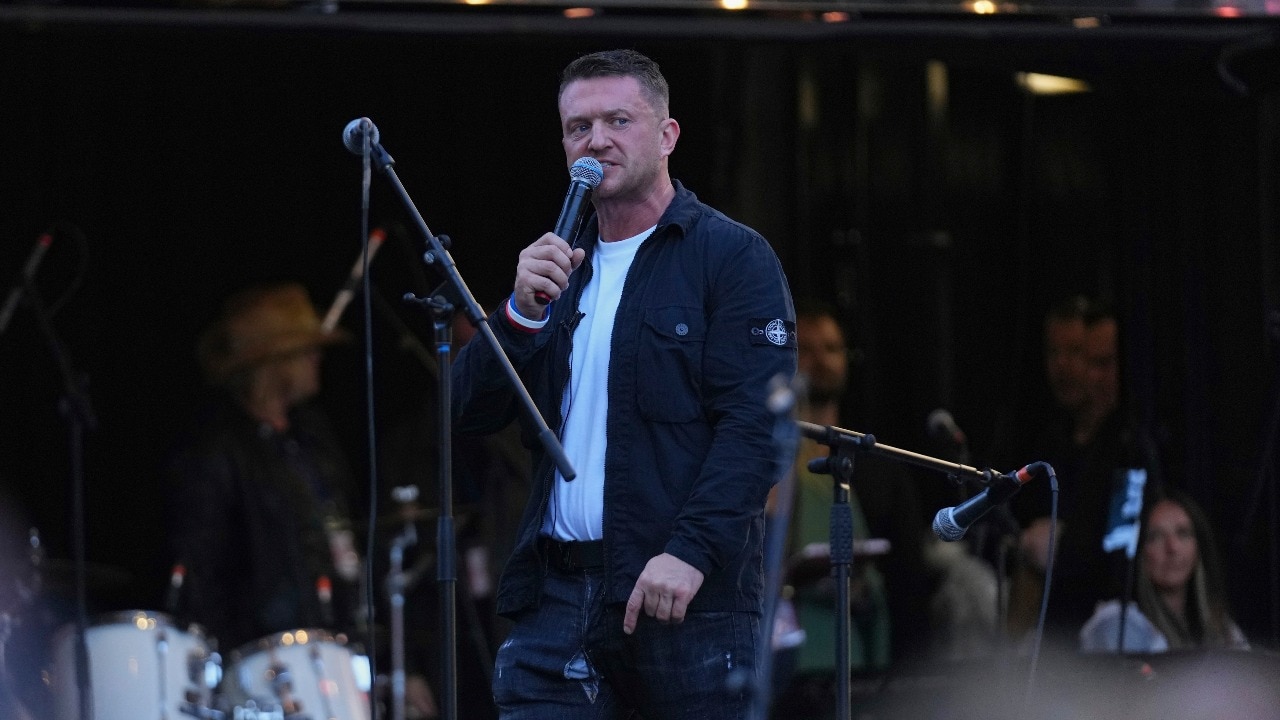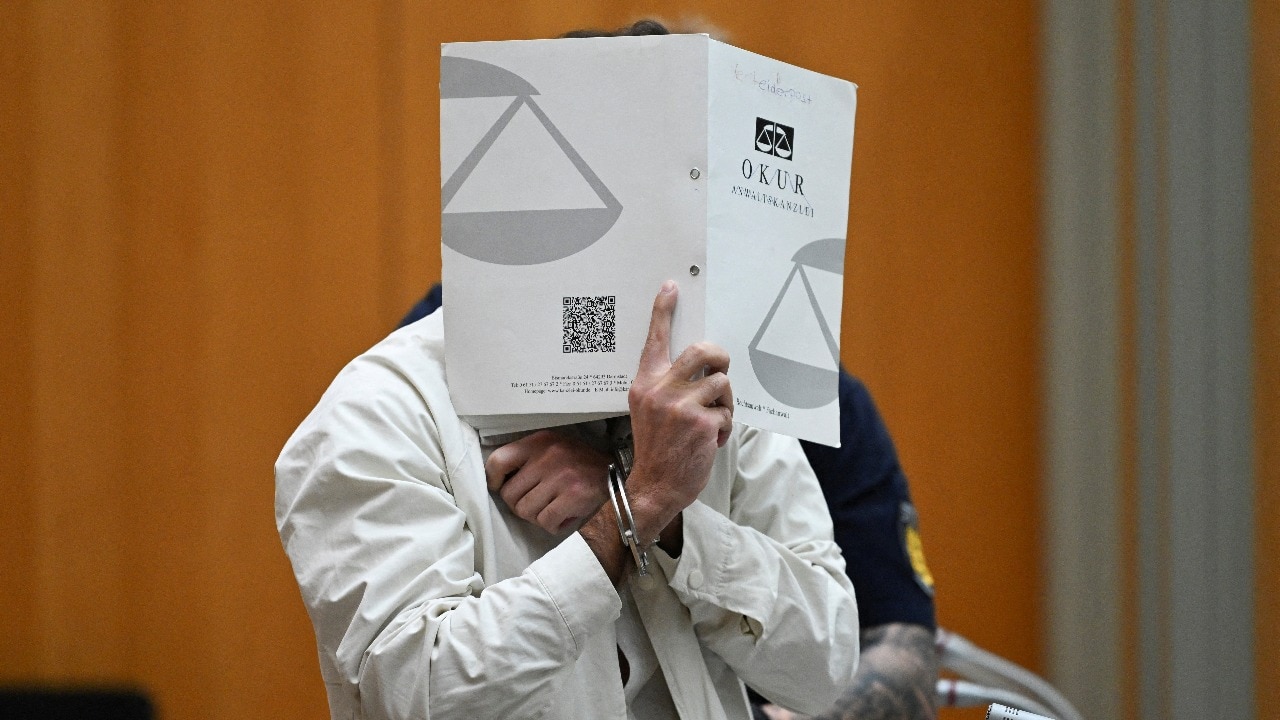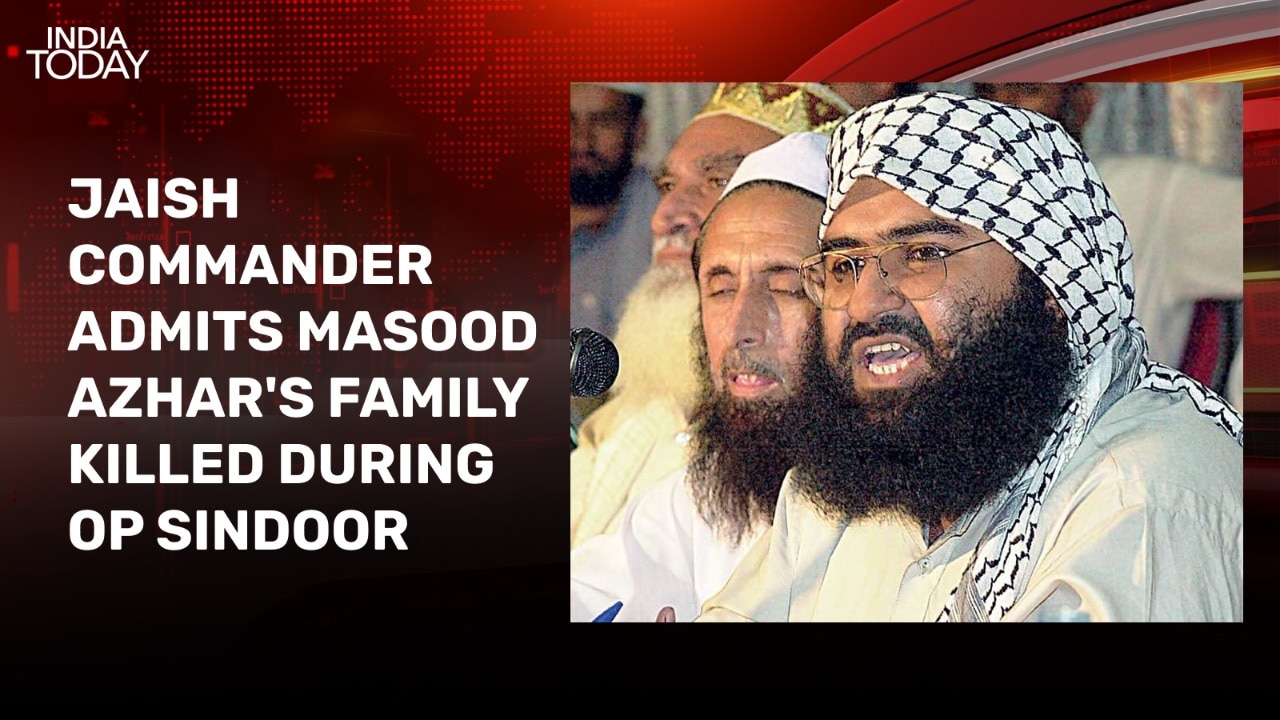Last Updated:July 19, 2025, 16:09 IST
Foreign Secretary Vikram Misri personally spearheaded the delivery of a well-documented dossier to both the US State Department and UN Security Council's 1267 Sanctions Committee

Foreign Secretary Vikram Misri, during his official visit to Washington DC from May 27 to May 29, submitted the dossier in a bid to build international consensus for designating TRF as a global terror group. (Credits: X/@IASassociation)
In the wake of the brutal Pahalgam terror attack in April 2025, India escalated its diplomatic offensive against cross-border terrorism, pointing the global spotlight on an increasingly dangerous proxy group: The Resistance Front (TRF). The attack, one of the worst in recent years, left 26 civilians dead and reignited concerns about Pakistan-backed insurgent networks operating under new guises.
Less than a month later, India’s Foreign Secretary Vikram Misri personally spearheaded the delivery of a well-documented dossier to both the United States State Department and the UN Security Council’s 1267 Sanctions Committee, presenting irrefutable evidence tracing TRF’s command structure and operational ties to the Lashkar-e-Taiba (LeT) and Pakistan’s intelligence services.
According to Hindustan Times, Misri, during his official visit to Washington DC from May 27 to May 29, submitted the dossier in a bid to build international consensus for designating TRF as a global terror group. The same documents were also shared with United Nations officials, asking for Sheikh Sajjad Gul—the elusive TRF leader and long-time LeT operative—to be listed under the UN’s terror sanctions regime.
The response from the United States was both swift and resolute. Four days before the formal notification on Thursday, India was informed of the TRF designation as a Foreign Terrorist Organization (FTO) and a Specially Designated Global Terrorist (SDGT) entity. As Business Standard reported, US Secretary of State Marco Rubio cited recent attacks—most notably the Pahalgam massacre—as key reasons behind the designation. He underscored Washington’s commitment to holding such actors accountable and to pursuing justice for victims of terrorism around the world.
Back in India, the move was welcomed as a major diplomatic win. The Ministry of External Affairs described the designation as “timely and important", and External Affairs Minister S Jaishankar lauded the step as a “strong message" from the US against terrorism. The Indian government emphasised that the international community must adopt a “zero tolerance" approach when it comes to dealing with terrorism, especially when state complicity is involved, as in the case of Pakistan.
The TRF came into prominence in 2019, following the revocation of Article 370, and has often been projected as a “homegrown" insurgent group. However, extensive investigations by India’s Investigation Agency (NIA) debunk that narrative. According to The Economic Times, NIA’s findings show that TRF has been functioning as a digital-first extension of LeT under the covert direction of Pakistani handlers. Online communication cells facilitated planning and coordination with militants in Kashmir while being operated remotely from Pakistan.
The dossier presented by India reportedly includes evidence linking Sheikh Sajjad Gul not just to multiple terror attacks, but also to a broader effort led by LeT to fragment its identity and create newer, India-centric aliases like TRF.
As per Business Standard, Gul was once imprisoned in India but managed to cross over to Pakistan, where he leveraged LeT’s infrastructure and patronage to organise TRF under the guidance of Pakistan’s Inter-Services Intelligence (ISI). Despite Pakistan’s denials, digital forensic evidence and cross-border communications logs included in the dossier indicate direct coordination between TRF’s online operations and LeT’s hierarchy in Rawalpindi.
In the broader context, India’s urgent and multi-pronged diplomacy—via direct evidence, global alliances, and sustained pressure—reflects a maturing counterterrorism strategy. Rather than merely condemning attacks, New Delhi is pushing for institutional accountability and international action. The TRF’s designation marks a step forward in isolating not just the foot soldiers of terror, but the infrastructure and ideologues that incubate them.
Apoorva Misra is News Editor at News18.com with over nine years of experience. She is a graduate from Delhi University's Lady Shri Ram College and holds a PG Diploma from Asian College of Journalism, Chennai. S...Read More
Apoorva Misra is News Editor at News18.com with over nine years of experience. She is a graduate from Delhi University's Lady Shri Ram College and holds a PG Diploma from Asian College of Journalism, Chennai. S...
Read More
News india Weeks Before Crackdown On TRF, India's Vikram Misri Provided Dossier To US & UN Teams
Disclaimer: Comments reflect users’ views, not News18’s. Please keep discussions respectful and constructive. Abusive, defamatory, or illegal comments will be removed. News18 may disable any comment at its discretion. By posting, you agree to our Terms of Use and Privacy Policy.

 1 month ago
1 month ago








